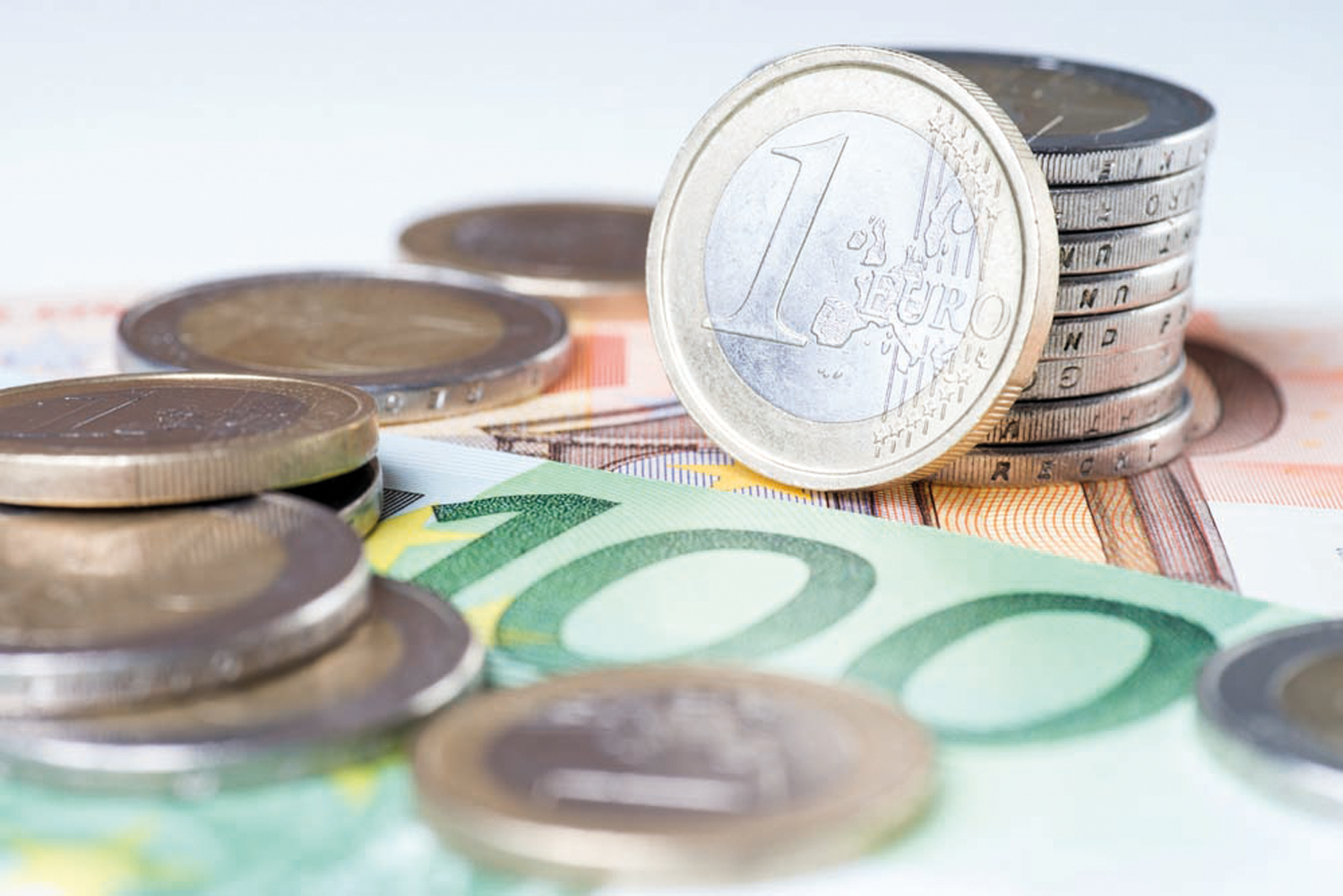Credit Cards & Loans
Why you shouldn’t buy travel money in the UK with your credit card

If you’re heading abroad this summer, you’ll be thinking about the best way to get your foreign currency. Here’s why you should avoid using your credit card for this transaction.
But where and how you buy your currency can make a big impact on how much bang you get for your buck – in general, you should avoid paying for foreign currency with your credit card.
It’s best to shop around for currency in advance of your trip. Changing your money at the airport might be convenient but it’s also the most expensive option. Your bank might also seem like an easy option – but it won’t offer the best rates either.
With the rising cost of living impacting household budgets, it’s more important than ever to get the best rates you can for your holiday money.
When comparing deals, you need to look at how many euros (or other currency) you’ll get for a set amount of pounds once all the fees and charges have been factored in. Don’t be swayed by “best rates” or “commission free” deals – the total cost is the most important thing.
A good way to compare travel money rates is to use Travel Money Max from MoneySavingExpert. It shows the best rates for currency delivery and collection based on the currency you need and where you live.
The best rates are reserved for customers who order travel money online, rather than simply turning up to a foreign exchange bureau.
Once you have chosen the best foreign exchange bureau to use, you’ll need to decide how to pay for your currency.
It’s best to use a debit card as almost all credit cards will charge a ‘cash advance fee’. This fee is charged on ATM withdrawals but also on transactions such as online gambling and buying foreign currency.
The cash advance fee is usually about 3% – this means buying £500 of foreign currency will cost you £15 – but some cards charge as much as 5%. On top of this, you’ll usually be charged interest on your payment from the moment it’s made – at an APR of up to 30%.
Credit card cash advance fees means it makes more sense to use a debit card when paying for foreign currency at a foreign exchange bureau.
Comparison of cash advance fees
Below is a comparison of cash advance fees charged by 10 mainstream credit card issuers when customers use their credit cards to buy foreign currency in the UK:
- American Express: £3 or 3% fee (whichever is the greater).
- Barclaycard: 2.99% or minimum £2.99 fee.
- Halifax: The Halifax Clarity card doesn’t charge a cash advance fee – but the Halifax credit card for everyday spending charges a 5% fee on cash transactions.
- Lloyds Bank: 5%.
- MBNA: 5%.
- Nationwide: 2.5% (minimum £3).
- Sainsbury’s Bank: 3% (minimum £3)
- Santander: The Santander Zero Credit Card doesn’t charge a cash advance fee, but other Santander credit cards charge 3% (minimum £3).
- Tesco Bank: 3.99% (no minimum)
- Virgin Money: 5% (no minimum)
How much extra could it cost you?
Which? warned that if you pay for your currency using a credit card it’s not just the cash advance fee you need to worry about.
Because foreign currency transactions are treated in a similar way to withdrawing cash on your credit card, you are also likely to be charged interest on your payment from the moment it is made – and at an inflated APR of up to 30%.
Which? said this is an “expensive move” that it “would always advise against”.
A quick calculation shows how much money you could be wasting.
If you buy £500 of currency with a credit card and are charged a 5% cash advance fee, this would equate to £25. If interest was charged from the day of the transaction at 30%, it would cost about £12.50 a month. So even if you paid your credit card off in full within 30 days, the transaction would cost you £37.50 in fees and interest.
The best options are to use a card such as Halifax Clarity or Santander Zero where there is no charge for cash advances, and then pay off your credit card straight away to avoid interest charges. Using a debit card, or simply sterling is another good option.
While abroad, taking cash out on your credit card should be seen as a last resort and only done in emergencies.
Related: See Holiday on the horizon? The best ways to save on foreign spends for more information.
Find out more information on loans provided by MYJAR